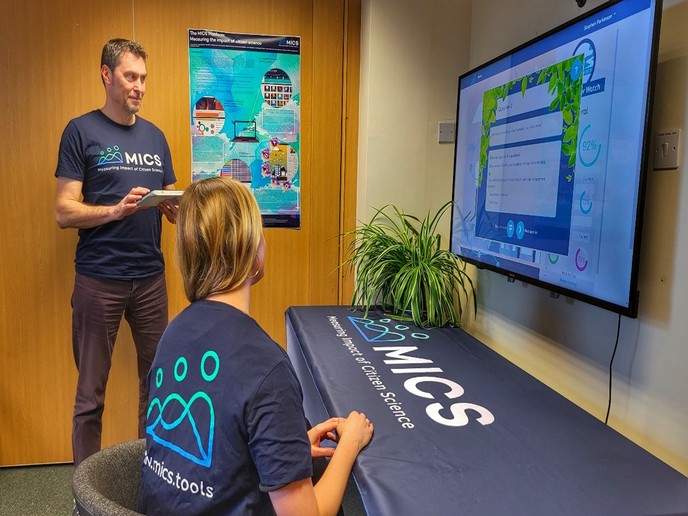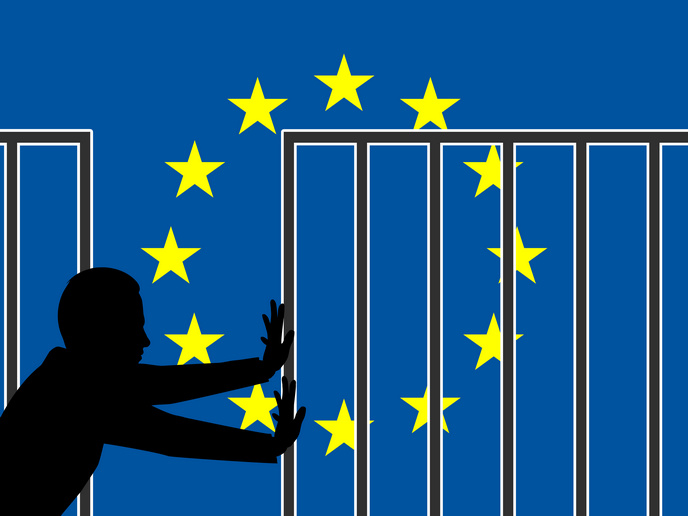From citizen science to participatory democracies
Ongoing financial, health and geopolitical crises in Europe have led to an increase in public scepticism of governance and feelings of disengagement from the political process. Coupled with a rise in extremism, these crises threaten core democratic values such as inclusion, participation and political action. The EU-funded ISEED project is using the example of citizen science for a model of how the public can be inspired to actively participate in politics. “Citizen science works by inviting and including non-scientists in the collection and production of scientific knowledge,” says Eleonora Montuschi, a professor of Philosophy of Science at Ca’ Foscari University of Venice in Italy. “By adapting this approach to democratic decision-making, we hope to make the political process more receptive to people’s input and interests while also enhancing citizens’ ability to act as informed decision makers.”
Repurposing citizen science for the political arena
The ISEED project aims to revitalise citizen participation in European democracies by demonstrating the significant impact citizens can have on public decisions. “Citizen science has proved that participation is not an accessory, or a piece of propaganda,” explains Montuschi. “On the contrary, it could be key to improving crucial aspects of how science operates.” The project is developing tools and strategies for bringing together citizens and policymakers in a purposefully structured way, allowing for cooperative decision-making. “Our project aims to generate a new level of understanding of how deliberative citizen participation can be fostered in democratic EU societies, and to develop insights and tools that could be disseminated beyond the academic sphere,” adds Montuschi.
Building an open access knowledge repository
While still a work in progress, the project has delivered some important results. Based on a preliminary mapping of participatory and deliberative practices, researchers have published several papers on such participatory concepts as the meaning of public understanding and lay expertise. On the empirical side of the equation, researchers conducted a series of case studies on citizen science initiatives taking place in France, Poland and Uruguay. They also carried out surveys of online and offline forms of citizen participation, and an analysis of arguments extracted from online science-driven debates by means of a digital tool called the Argument Extractor. “This research lays the groundwork for building an open access knowledge repository that will permanently contribute to a variety of purposes, from academic research to policymaking and citizen education initiatives,” remarks Montuschi.
From research to policy recommendations
This research is being used to inform a policy brief that, when complete, will include recommendations and best practices for citizen engagement. The brief will also include a strategy for scaling up the project’s results as a means of formulating future policy recommendations. While this brief is being finalised, the project is launching a series of workshops across six partner countries. Each workshop will present different scenarios on what the future of democracy could look like in that country, along with providing strategies for using the principles of citizen science to help achieve (or avoid) said scenarios. The project also aims to make all its data and tools available to the public for consultation and use. “Ultimately, we expect to contribute to knowledge-sharing in the arena of citizen science and beyond – and hope to inspire future initiatives to do the same,” concludes Montuschi.
Keywords
ISEED, citizen science, participatory democracies, democracy, democratic values, citizen participation







